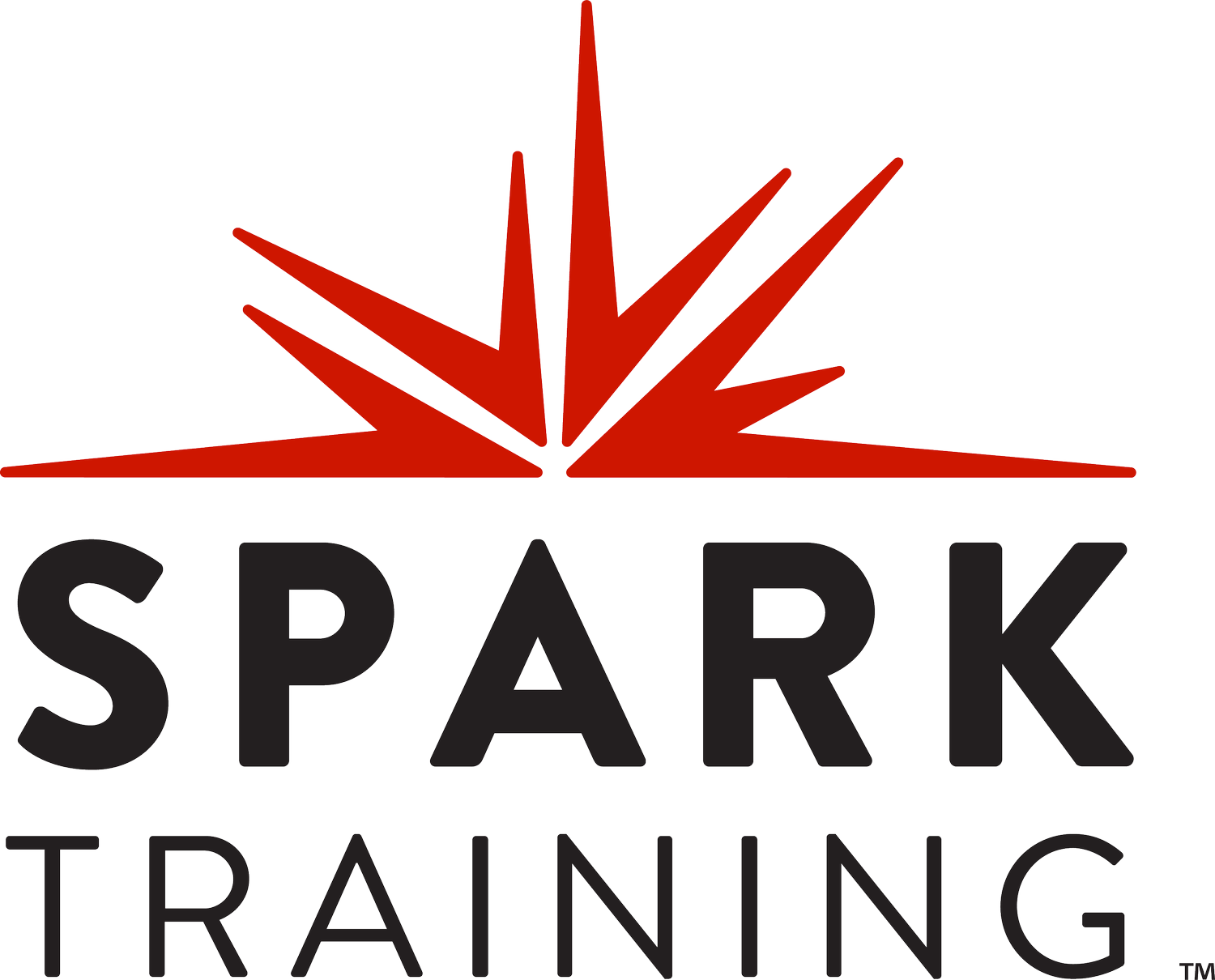How to Talk to Surveyors
Thinking about an upcoming survey can be stressful. State surveys occur on a regular and scheduled basis, but other surveyors can arrive unannounced at any time. To be ready for survey, it is recommended to keep documents up to date, ensure processes are reviewed and current, and resolve outstanding action items in a timely manner.
A survey is an opportunity to show off the hard work and dedication a facility and employees put in every single day.
One thing you should also review during your preparation is how to talk to and interact with surveyors. Surveyors are people, just like you. We each have a job to do, and theirs is to ensure you are following the rules and regulations set up to provide the safest environment and care possible.
Don’t Panic
If you are asked a question during a survey and you do not know the answer—don’t panic. We recommend instead of answering “I don’t know” reply “Let me find that answer for you”.
We also recommend avoiding answers like “I usually do…or I typically” because it may open the door for a surveyor to ask more detailed questions, like "If you usually follow this process, tell me about the time that you didn’t, and why you didn’t or couldn’t follow the process?”
Use Your Resources
It is recommended that site medical leadership be present for surveys. If they are unavailable – remember, don’t panic. There is no requirement that your answers are given based on memory. Use your resources. These not only include your facility policies, but also your Regional Nurse Manager and Director of Medical Operations.
For additional information or questions about surveyors, email training@sparktraining.us.
All materials have been prepared for general information purposes only. The information presented should be treated as guidelines, not rules. The information presented is not intended to establish a standard of medical care and is not a substitute for common sense. The information presented is not legal advice, is not to be acted on as such, may not be current, and is subject to change without notice. Each situation should be addressed on a case-by-case basis.
